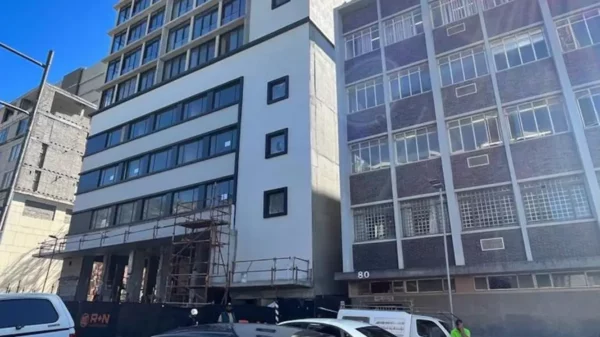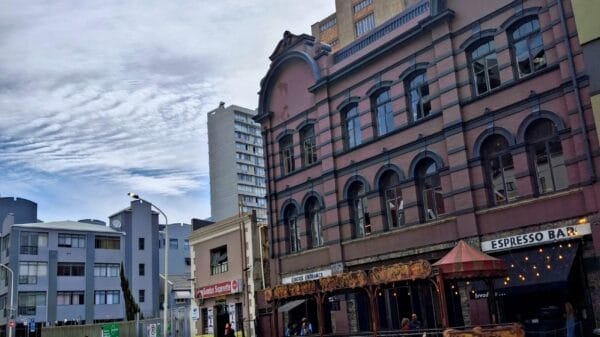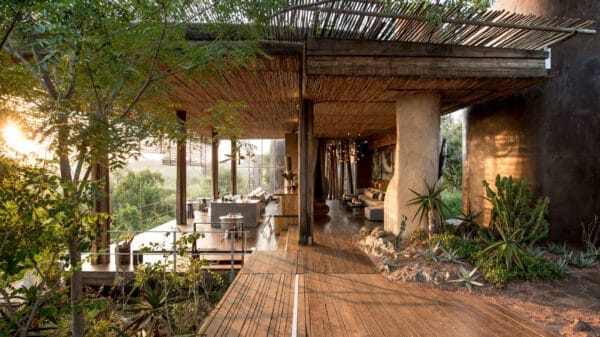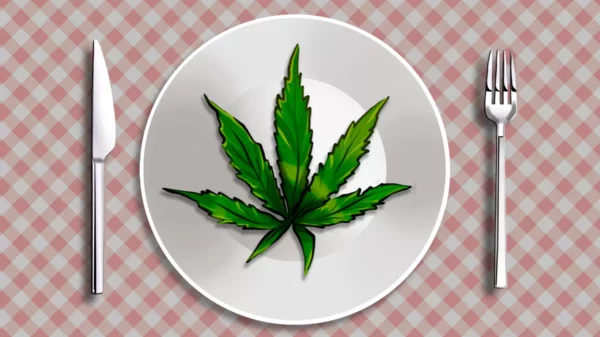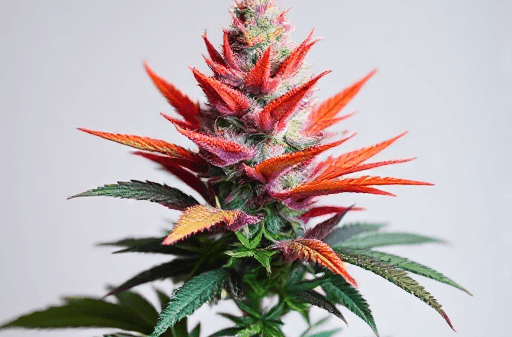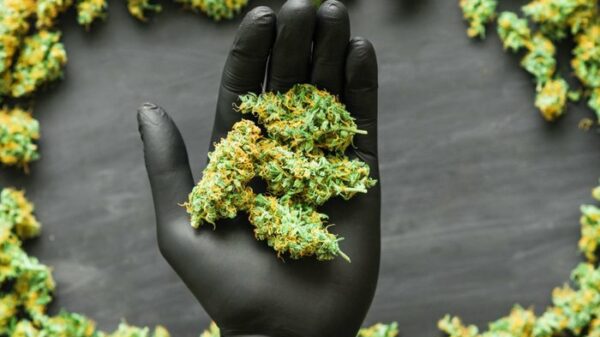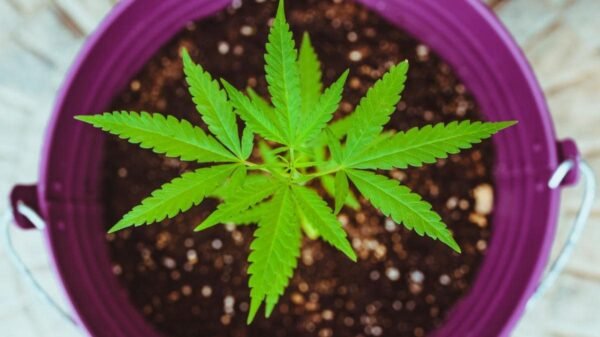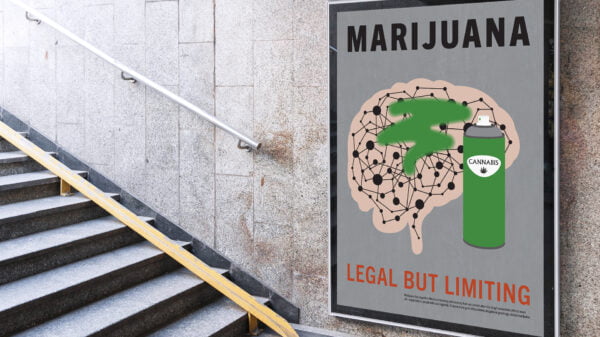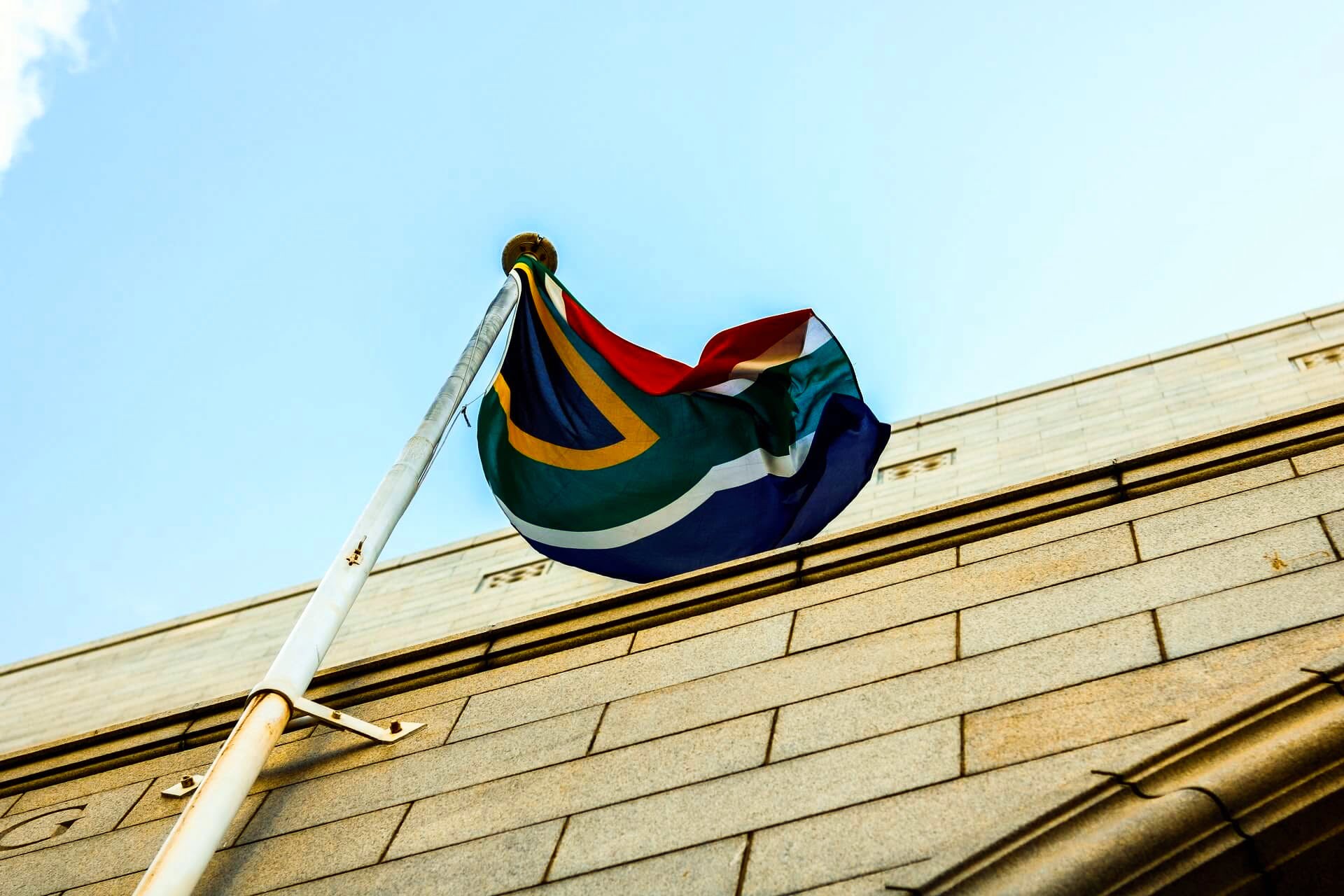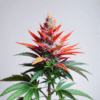The State of Cannabis Legalization in South Africa has been a proper rollercoaster ride in the last few years. Cannabis cultivation for private use has been decriminalized, yet civilians are still being arrested and prosecuted for cannabis-related misdemeanours. The National Cannabis Master Plan was tabled and open to public commentary, leaving South Africans waiting in anticipation for cannabis legalization in the southernmost republic on the African continent.
Will South Africa see marijuana legalization in the near future? What will regulations around legal cannabis look like? Will stoners, regulators, cultivators, producers and distributors be equally satisfied by the governing law? What are the processes, licensing fees and tax rates suggested by the government? We take a look at the current state of Cannabis Legalization in South Africa, what is being said and what the future holds for Stoned Citizens of our republic.
CANNABIS HISTORY IN SOUTH AFRICA
Cannabis has been a part of South African history for a long time, dating back as far as the 1600s when the first Dutch settlers started bartering with the local indigenous tribes. The first laws prohibiting the cultivation of marijuana was introduced in 1680 and ultimately overturned by 1700. The introduction of the draconian Weeds Act of 1937 guaranteed a comprehensive ban on cannabis in South Africa. The introduction of further legislation in 1971 and 1992 ultimately restricted cannabis use and cultivation indefinitely.
In 2008 it was estimated that cannabis was used by 3.2 million South Africans. The same year Interpol estimated that the country was the fourth-largest producer of cannabis in the world and that a third of the cannabis that is seized around the globe originated from South Africa. The illicit cannabis market has exploded regardless of the status of cannabis legalization in South Africa.
MEDICAL MARIJUANA

Medical marijuana was legalized in South Africa with the introduction of the 2017 Cultivation of Cannabis and Manufacturer of Cannabis-Related Pharmaceutical Products for Medical and Research Purposes. The governing regulations were published in a Guidance Document in November 2019. The document claimed that the second and final version of the bill would be aligned with SAHPRA’s mandate and implemented by 15 November the same year.
South African citizens may gain access to unregistered medicinal cannabis or cannabinoid containing medicines if so prescribed by a medical practitioner. The prescribing practitioner must apply to the South African Health Products and Regulatory Authority (SAHPRA) for the use of an unregistered medicine. Medical marijuana is sourced internationally and imported by the Department of Health, because the current status of cannabis legalization in South Africa does not allow for the cultivation and trade of cannabis, even for medicinal reasons.
Medical Cannabis South Africa together with Biodata and Labat Healthcare has launched an observational cannabis study. The study is open to any South African citizen who would like to explore using medical marijuana for chronic pain management. Click here for more details and to access the online application form.
DECRIMINALIZATION

A ruling that was passed by Chief Justice Raymon Zondo in 2018 decriminalized the cultivation, possession and use of cannabis for personal consumption. The court ordered that it should be legal for adults to grow and smoke cannabis in the privacy of their own homes and that it should not be a criminal offence to be in possession of cannabis. The court further ruled that parliament had to ratify the unconstitutionality surrounding the cultivation and consumption of cannabis for private adult use, within a period of 24 months.
CANNABIS FOR PRIVATE PURPOSES BILL
In September 2020 a draft version of the Cannabis For Private Use Bill, drafted by the Department of Justice and Constitutional Development, was tabled in parliament. The aim of the bill was to regulate the cultivation, possession and personal use of cannabis by adults. The bill had some major shortcomings as none of its conclusions was backed by appropriate science or research. The public response had a general consensus of superficial relief, on the one hand, we are taking steps in the right direction. However, on the other hand, the irrational limitations in terms of cultivation and possession are unjustified and were concluded without any scientific or research-based evidence.
UNITED NATIONS
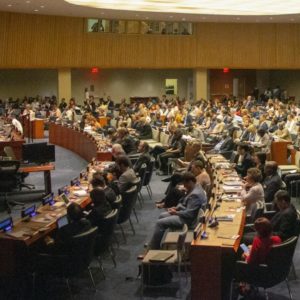
In December 2020 the UN held a session with member countries with the purpose of reviewing and voting on recommendations made by the World Health Organization. The WHO’s recommendations surrounding the classification of cannabis in international drug control treaties were made in January 2019. The organization suggested that cannabis and its derivatives be removed from the list of schedule IV substances in the 1960 Single Convention on Narcotic Drugs. Member countries were allowed two years for intensive and detailed consideration before 53 member states voted on the reclassification.
During the session; 27 member states voted in favour of the reclassification of cannabis. South Africa was one of eight African nations who voted to reclassify cannabis, there was one absentation and 25 votes against. Although cannabis use for non-medical or scientific reasons remains illegal under the convention, reclassification has opened the doors for large scale studies and scientific research. The outcomes of which may motivate other countries to support the legalization of cannabis and benefit from the massive global market it is creating.
DALRRD
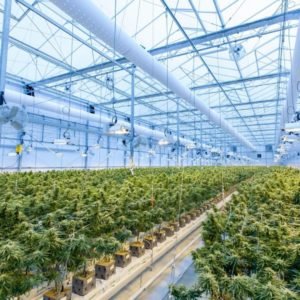
The Department of Agriculture, Land Reform and Rural Development, DALRRD for short, has been the driving force behind the National Cannabis Master Plan (NCMA). The master plan is aimed at diversifying the South African economy by contributing to growth, inclusivity, job creation and poverty alleviation. According to the DALRRD, the National Cannabis Master Plan in its current state has been endorsed by the Ministerial Advisory Committee on Cannabis, the Inter-Ministerial Committee and the executive committee of DALRRD.
The proposed bill has been made subject to a consultation process with the public and private stakeholders. The department scheduled a virtual workshop to consult the cannabis private sector on the NCMA and provide a broad framework for the development and growth of the cannabis industry as a whole.
The South African government has recently accelerated the development of the masterplan, due to the mounting pressure following the loss of income and exorbitant expenses surrounding the Covid-19 pandemic.
FIELDS OF GREEN FOR ALL

The dedicated team at Fields of Green For All (FGFA) have worked tirelessly over the last decade to create a manifesto for marijuana reform in South Africa. The manifesto has been curated and revised by local and international industry experts, a devoted bona fide legal team and a group of zealous legalization activists and affiliates. The manifesto provides a large body of evidence along with the relevant research which could assist regulators in finalizing the NCMP and fast-tracking the process of cannabis legalization in South Africa.
FGFA has submitted a Request for Proposal (RFP) in response the the draft NCMA, which included an updated manifesto to be used as a guideline to finalize the Act. Although FGFA largely agrees with the draft NCMP, it has some reservations around the assumptions, terms and ideas put forward by a government body with absolutely no knowledge or experience in the field. The draft bill has categorized the cannabis industry as; Medicine, Food, Industrial and Recreational. FGFA’s Myrtle Clarke is of the opinion that the latter classification should be titled ‘Responsible Adult Use’ instead, to avoid any negative stigma and inaccuracy.
CDCSA
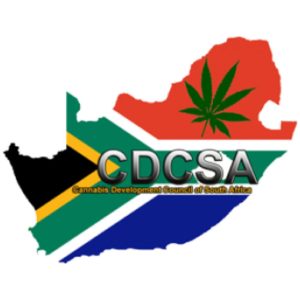
The Cannabis Development Council of South Africa, aka CDCSA, is a registered Non-Governmental Organisation. The NGO was founded with the purpose to represent the interest of the cannabis community in South Africa and oversee reform around cannabis cultivation and use. The CDCSA is in partnership with industry specialists and cannabis reform organisations like Afristar Foundation, as well as the Western Cape Government and Wesgro.
CDCSA envisions establishing a group of cannabis industry leaders who will represent the full diversity of the South African population and drive for full social, economic and political inclusion. The group will represent all the Stoned Citizens of South Affrica when lobbying legislation in parliament, and in turn, support government initiatives to raise awareness around the health risks and socio-economical potential of the marijuana plant.
The CDCSA has developed a Proposed Policy with the primary objectives of facilitating the establishment and promotion of a local cannabis industry. They want to ensure cannabis is made available as a tool for broad-based socio-economical development and advance an inclusive self-regulating association, of duly elected representatives, to regulate and control the legal cannabis industry in its infancy.
THE HAZE CLUB
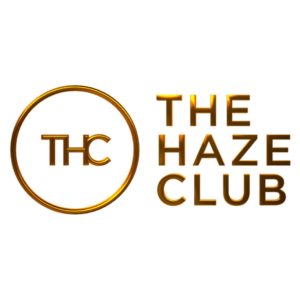
The Haze Club, aka THC, is a cannabis grow club located in Cape Town. Their business model offers individuals a leased space for the specific purpose of cultivating cannabis for private use. Part of the service THC offers is to act on behalf of its clients in the cultivation, harvesting and processing of their cannabis plants.
The THC facility was raided by the SAPS in 2020, at the time all of the plants and equipment was confiscated from the site. The director and employees are subsequently facing charges of cultivation and trafficking, with a minimum sentence of 15 years. In the meantime, the director has filed a motion to have the cannabis grow club model they use at THC recognised as being in line with the 2018 Constitutional Court ruling.
GMP CERTIFICATION
A letter published on 9 March 2021, by SAHPRA, outlines the application process and requirements to obtain GMP Certification. Cultivators who are in possession of a Section 22C(1)(b) license may apply for GMP Certification. The required license is regulated by the Medicines and Related Substances Act 101 of 1965 and allows for the cultivation of cannabis for the purpose of producing scheduled substances.
The GMP Certificate is issued by SAHPRA once they have conducted an inspection of the facility and they are satisfied that all manufacturing practices are in line with the SA Guide To Good Manufacturing Practises. The certificate limits business activities to cloning, vegetation, flowering, harvesting, trimming, drying and bulk packaging. Sales are not regulated or permitted by the GMP Certification. SAHPRA has confirmed the issuance of licenses for the cultivation and export of cannabis. A total of 16 licences have been issued across the country, each with five-year validity.
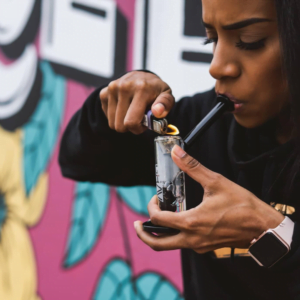
Will Private Cannabis Clubs be left in peace to operate and grow cannabis on behalf of their members? Will we be completely happy with the final bill that gets ascendant to Pres. Rama’s office? Will there be enough protocols in place and enforced to ensure the goals outlined in NCMP are being strived to achieve? What does prison reform look like?
Although we have many unanswered questions, we are optimistic that the wheels are turning. I hope those responsible for finalizing the NCMP are working hard, even if it is from home. Cannabis legalization in South Africa might be right around the corner – get ready stoned citizens, a new day is dawning!











